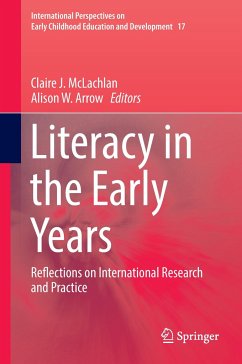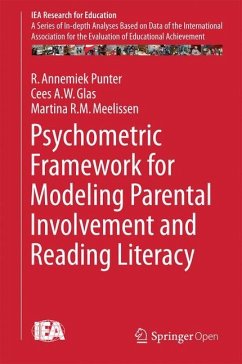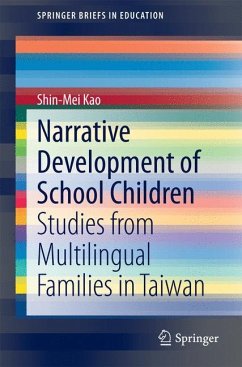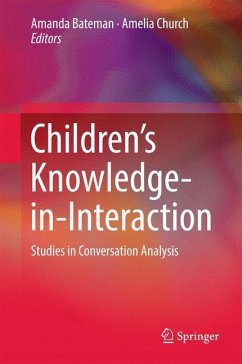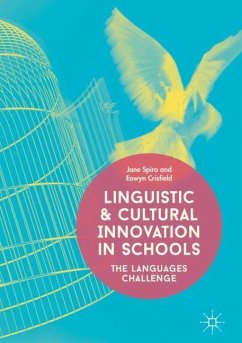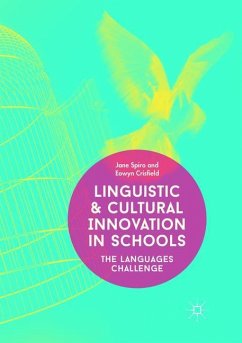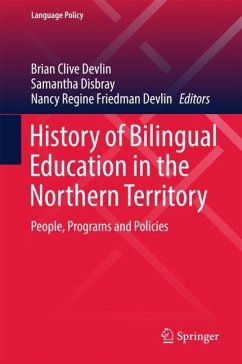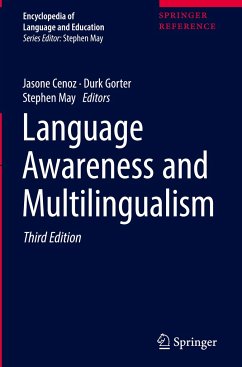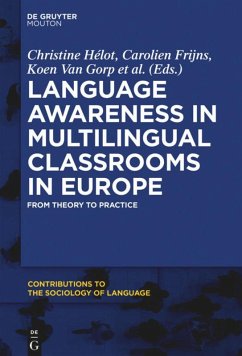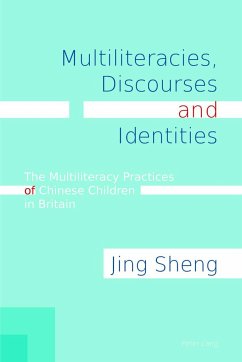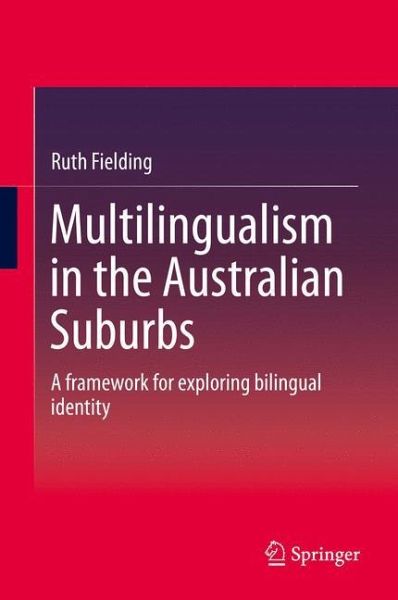
Multilingualism in the Australian Suburbs
A framework for exploring bilingual identity
Versandkostenfrei!
Versandfertig in 6-10 Tagen
38,99 €
inkl. MwSt.
Weitere Ausgaben:

PAYBACK Punkte
19 °P sammeln!
This book introduces a framework for examining bilingual identity and presents the cases of seven individual children from a study of young students' bilingual identities in an Australian primary school. The new Bilingual Identity Negotiation Framework brings together three elements that influence bilingual identity development - sociocultural connection, investment and interaction. The cases comprise individual stories about seven young, bilingual students and are complemented by some more general investigations of bilingual identity from a whole class of students at the school. The framework...
This book introduces a framework for examining bilingual identity and presents the cases of seven individual children from a study of young students' bilingual identities in an Australian primary school. The new Bilingual Identity Negotiation Framework brings together three elements that influence bilingual identity development - sociocultural connection, investment and interaction. The cases comprise individual stories about seven young, bilingual students and are complemented by some more general investigations of bilingual identity from a whole class of students at the school. The framework is explained and supported using the students' stories and offers readers a new concept for examining and thinking about bilingual identity. This book builds upon past and current theories of identity and bilingualism and expands on these to identify three interlinking elements within bilingual identity. The book highlights the need for greater dialogue between different sectors of researchand education relating to languages and bilingualism. It adds to the increasing call for collaborative work from the different fields interested in language learning and teaching such as TESOL, bilingualism, and language education. Through the development of the framework and the students' stories in this study, this book shows how multilingual children in one school in Australia developed their identities in association with their home and school languages. This provides readers with a model for examining bilingual identity in their own contexts, or a theoretical construct to consider in their thinking on bilingualism, language and identity.





